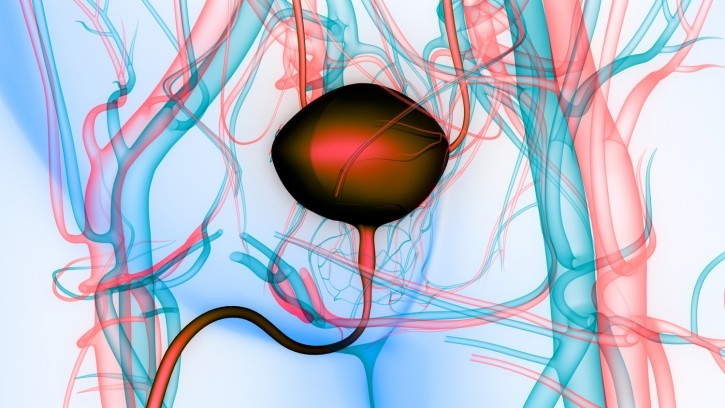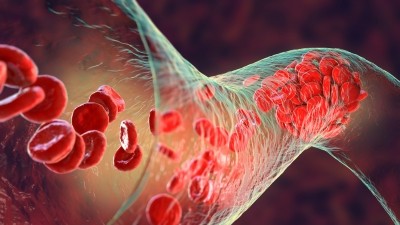Janssen's Erdafitinib 'significantly extended' survival of FGFR2/3-altered urothelial cancer

Interim results were announced on Monday (June 5) from analysis of cohort 1 of the phase 3 Thor study evaluating the treatment versus chemotherapy in patients with metastatic or unresectable urothelial carcinoma (UC) and selected fibroblast growth factor receptor (FGFR) gene alterations.
The patients had received prior treatment with an anti-programmed death ligand 1 (PD-(L)1), a regulatory molecule expressed in T cells which has immunoregulatory function by dampening the immune response when bound to one of its complementary ligands.
In this cohort, the study met its primary endpoint of overall survival (OS) and reduced the risk of death by 36%.
Yohann Loriot is principal study investigator and based at Institut Gustave Roussy and University of Paris-Saclay, France.
He said: “These results represent the first data from a randomised, controlled trial evaluating erdafitinib for the treatment of patients with FGFR-altered urothelial carcinoma, who often experience poor disease outcomes.
“The use of CP-393559 June 2023 erdafitinib in this setting supports recommendations for FGFR testing in all patients with metastatic urothelial cancer.”
Thor is a phase 3 randomised, open-label, multicentre study evaluating the efficacy and safety of erdafitinib. Patients were categorised to one of two cohorts based on the type of prior therapy they had received.
These included prior treatment with an anti-PD-(L)1 agent in cohort 1 or prior treatment not containing an anti-PD-(L)1 agent in cohort 2.
Patients in cohort 1 were randomised to receive either erdafitinib or chemotherapy in a 1:1 ratio and patients in cohort 2 were randomised to receive either erdafitinib or pembrolizumab in a 1:1 ratio. The primary endpoint of the study is OS; progression-free survival (PFS), objective response rate (ORR), duration of response (DOR), patient-reported outcomes, safety, and pharmacokinetics (PK) are secondary endpoints.
Results from the interim analysis of cohort 1 included data inclusive of 266 patients where 136 patients were assigned to erdafitinib and 130 were randomised to chemotherapy.
Median follow-up was 15.9 months. At the data cut-off on January 15, 2023, OS in patients who received erdafitinib was 12.1 months compared to 7.8 months in patients who received chemotherapy.
Treatment with erdafitinib also showed an improvement in median PFS compared to chemotherapy of 5.6 months versus 2.7 and an ORR of 45.6 percent versus 11.5 percent. These data met the predefined criteria for superiority, and the independent data safety monitoring committee recommended that the study be stopped at the interim analysis and that all patients randomised to chemotherapy be offered the opportunity to cross-over to erdafitinib.
Across all subgroups, OS benefit with erdafitinib versus chemotherapy was consistently observed. Subgroups included FGFR alteration type, baseline Eastern Cooperative Oncology Group performance status, lines of prior treatment, visceral metastasis, primary tumour location and type of chemotherapy.
The safety profile of erdafitinib observed in Thor was consistent with the known safety profile of erdafitinib in metastatic urothelial carcinoma (mUC).
Martin Vogel, EMEA therapeutic area lead oncology, Janssen-Cilag GmbH, said: "Bladder cancer, of which urothelial carcinoma is the most common form, carries a high burden of disease for patients.
“Europe has the second highest rates of bladder cancer in the world, with over 203,000 patients diagnosed in 2020 alone. Patients with advanced UC, including FGFR-driven tumours who have exhausted standard treatment options, can face a particularly poor prognosis.
“These data demonstrate the potential benefit of targeted therapy in effectively inhibiting the growth of FGFR-altered tumours and provides hope that we can tailor treatment to improve outcomes for these patients.”





















